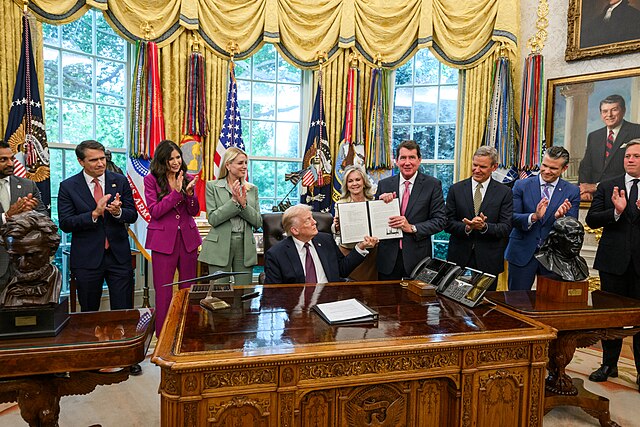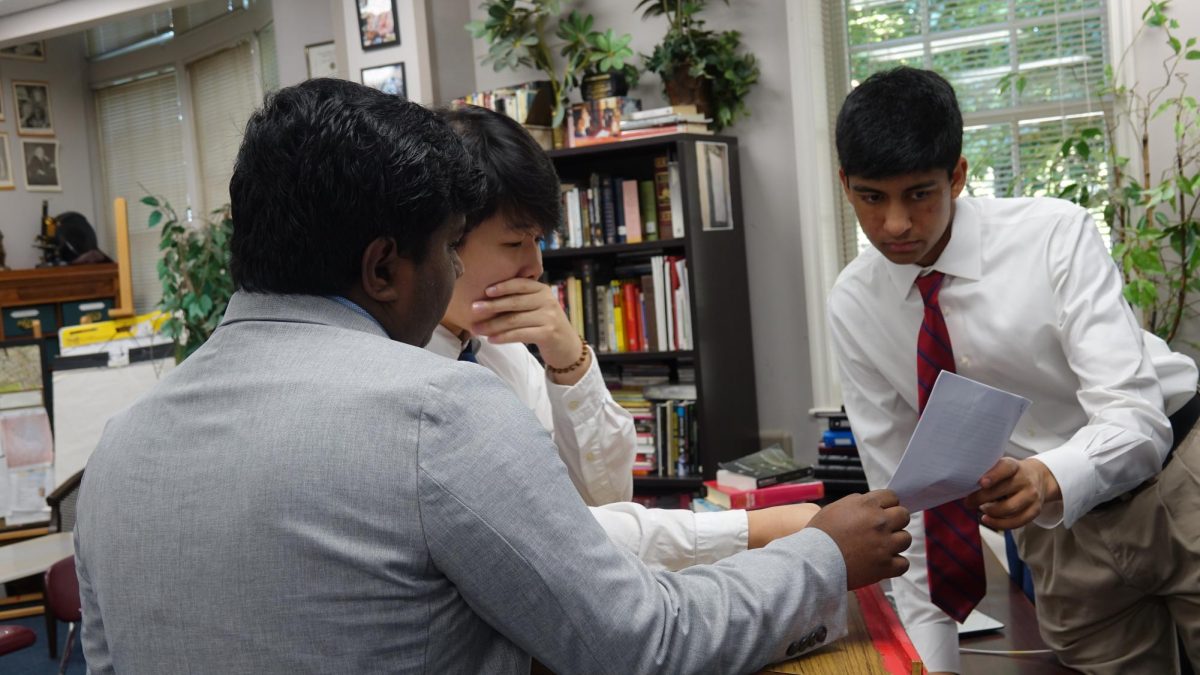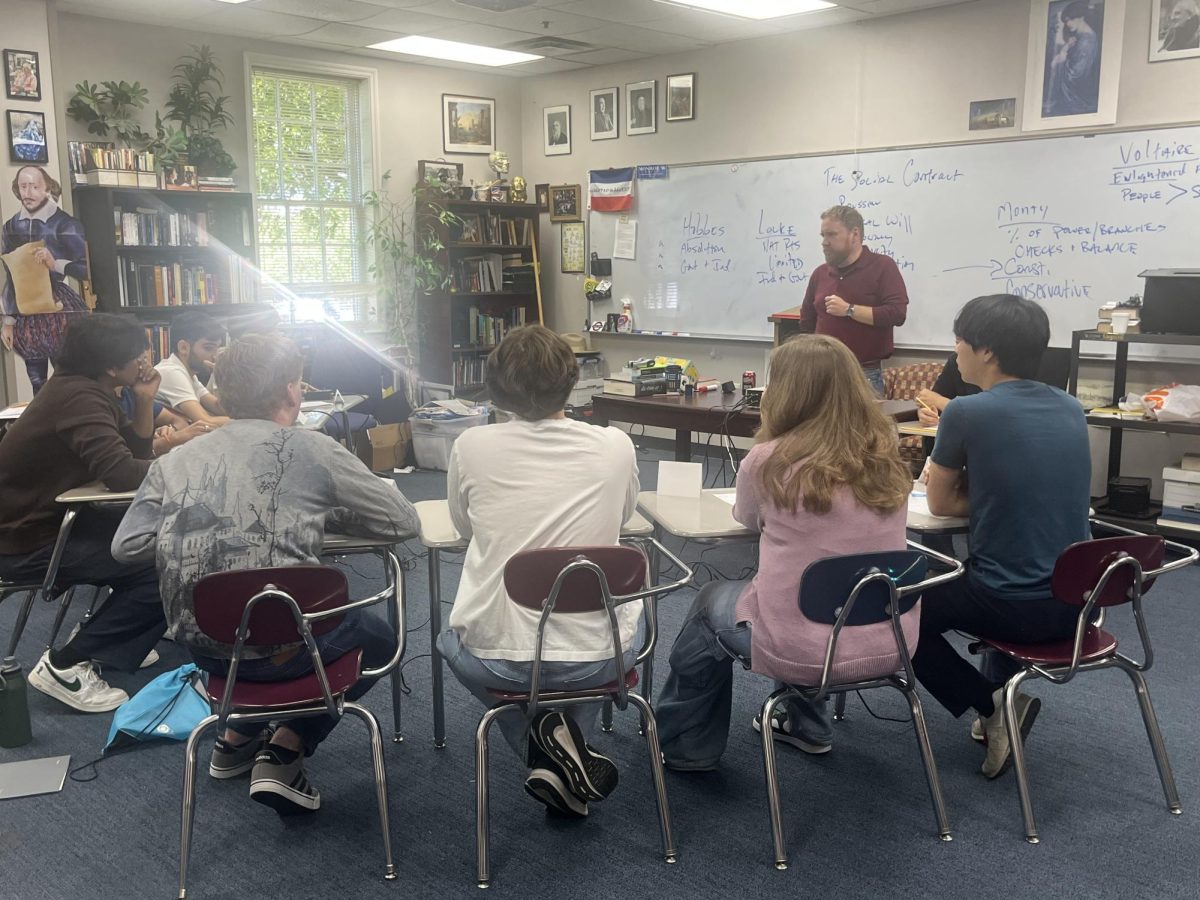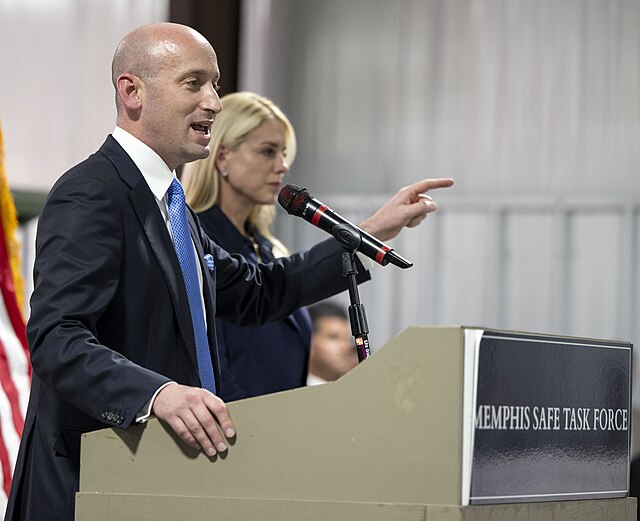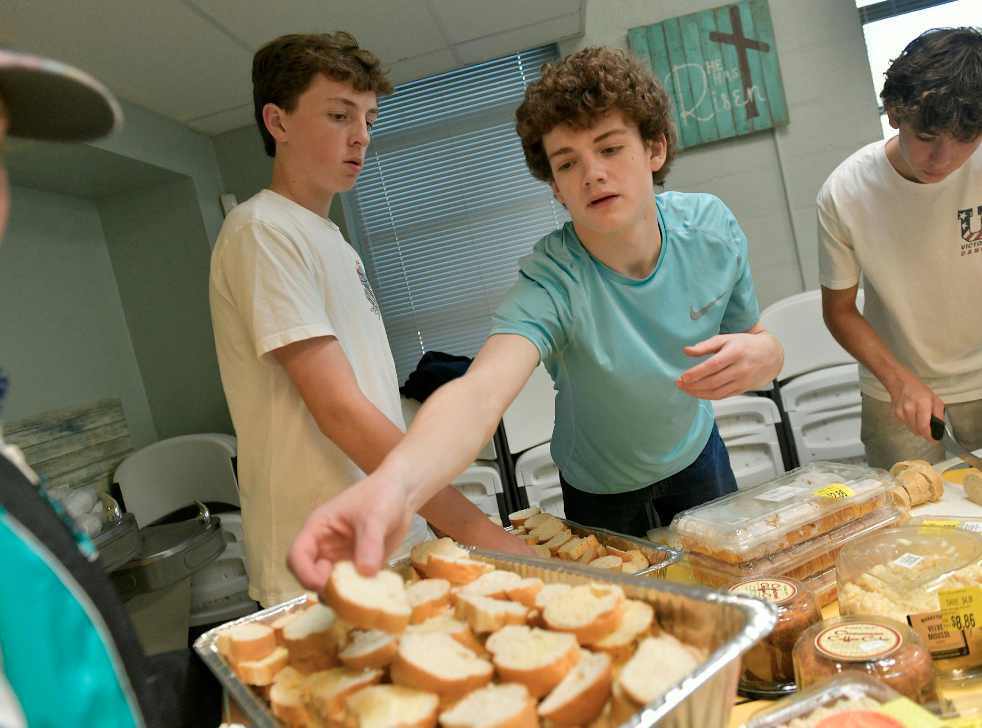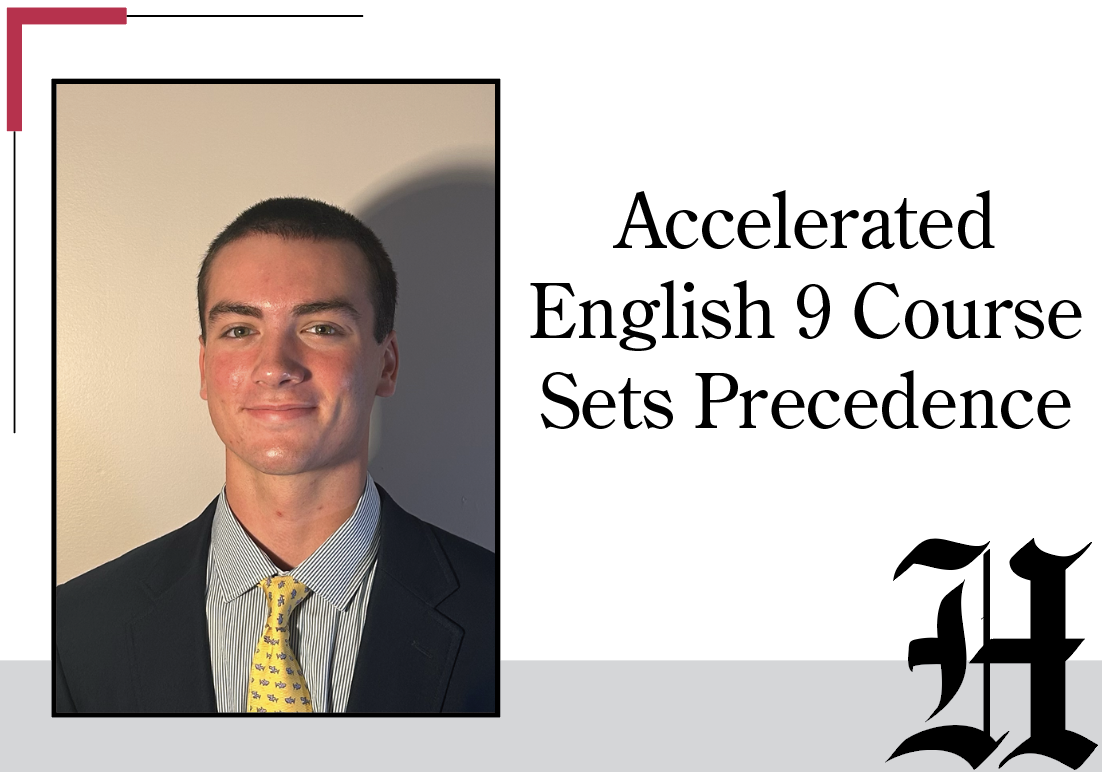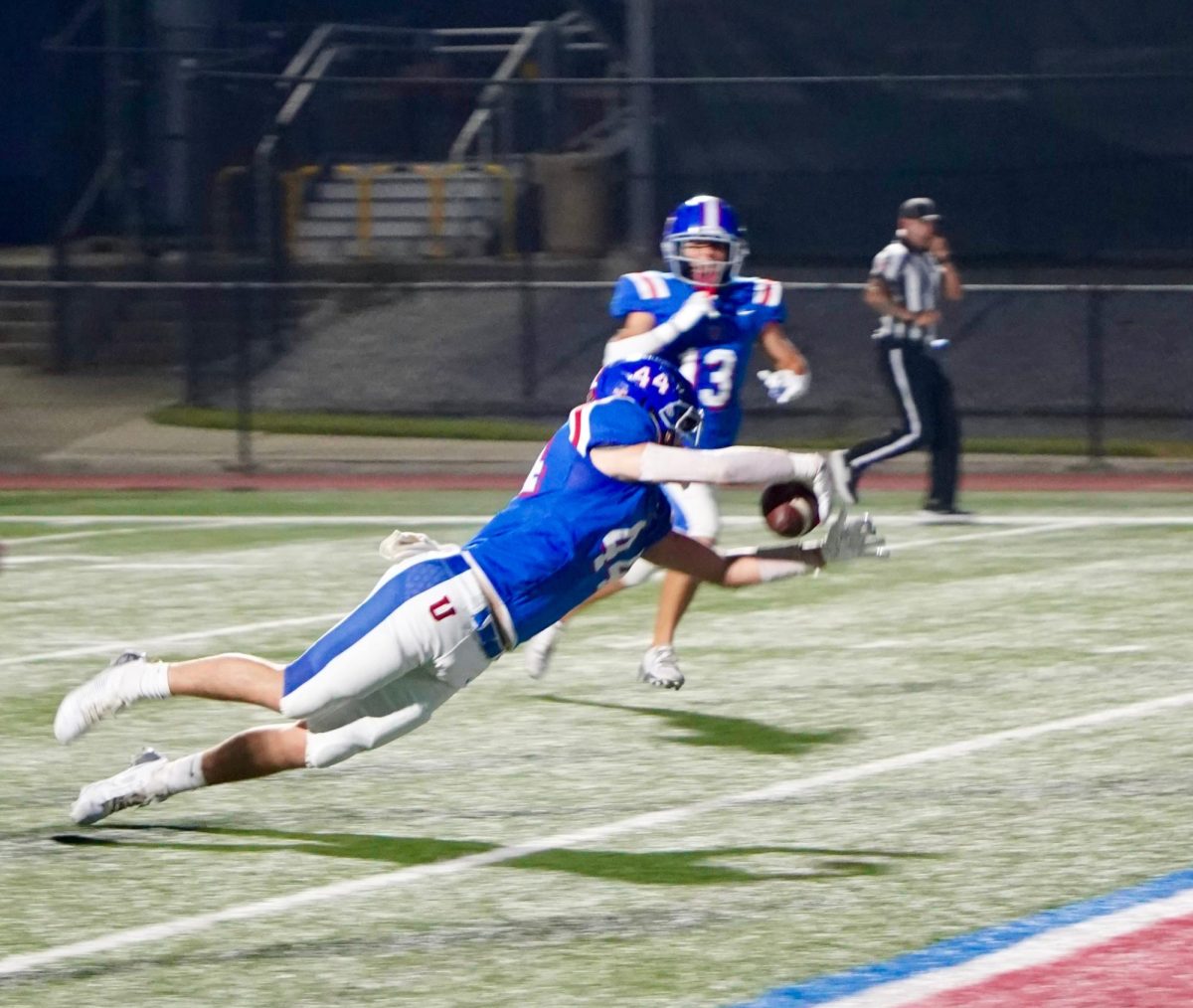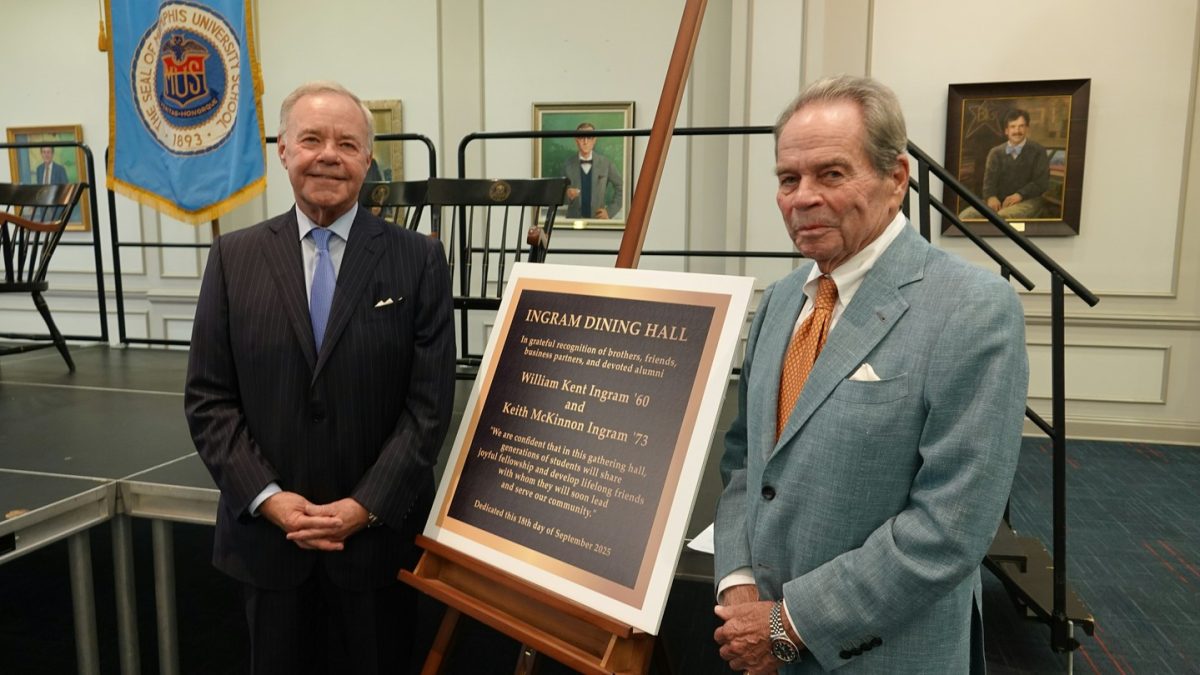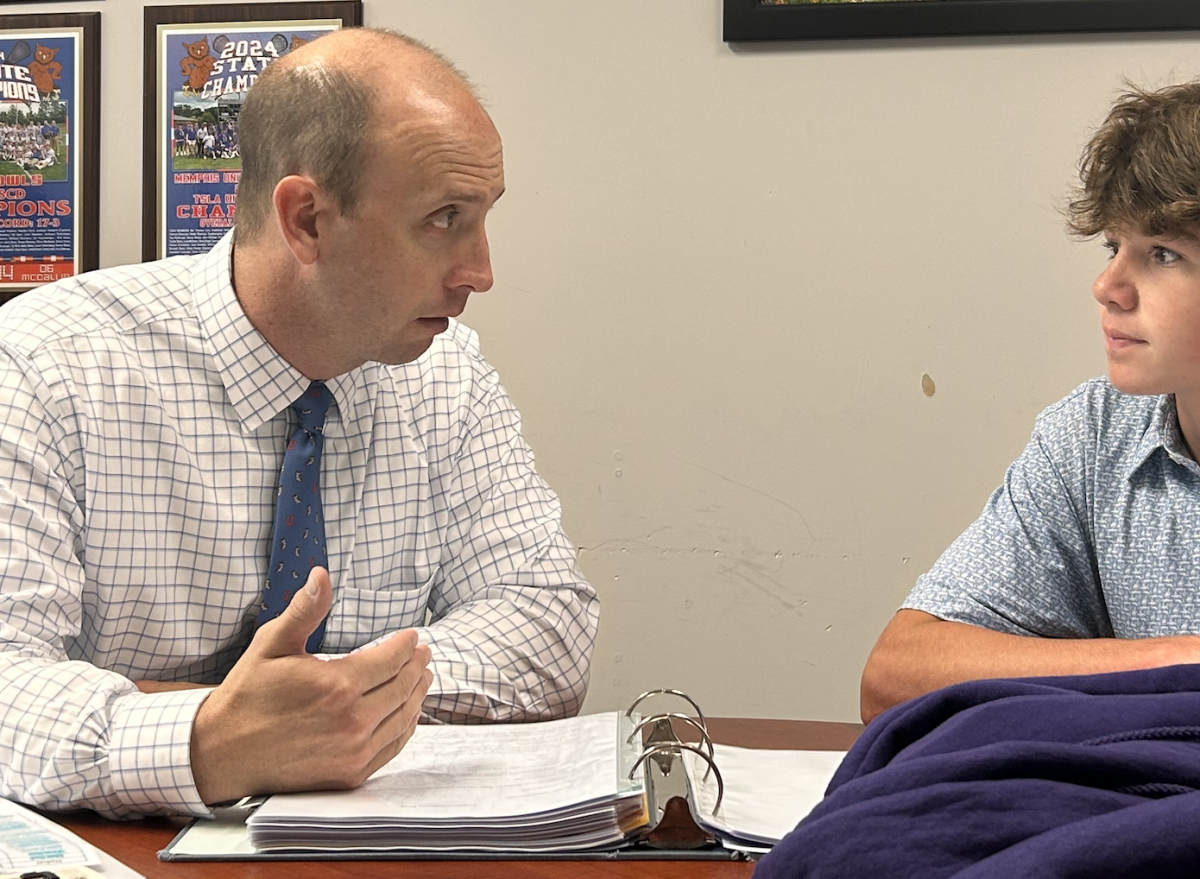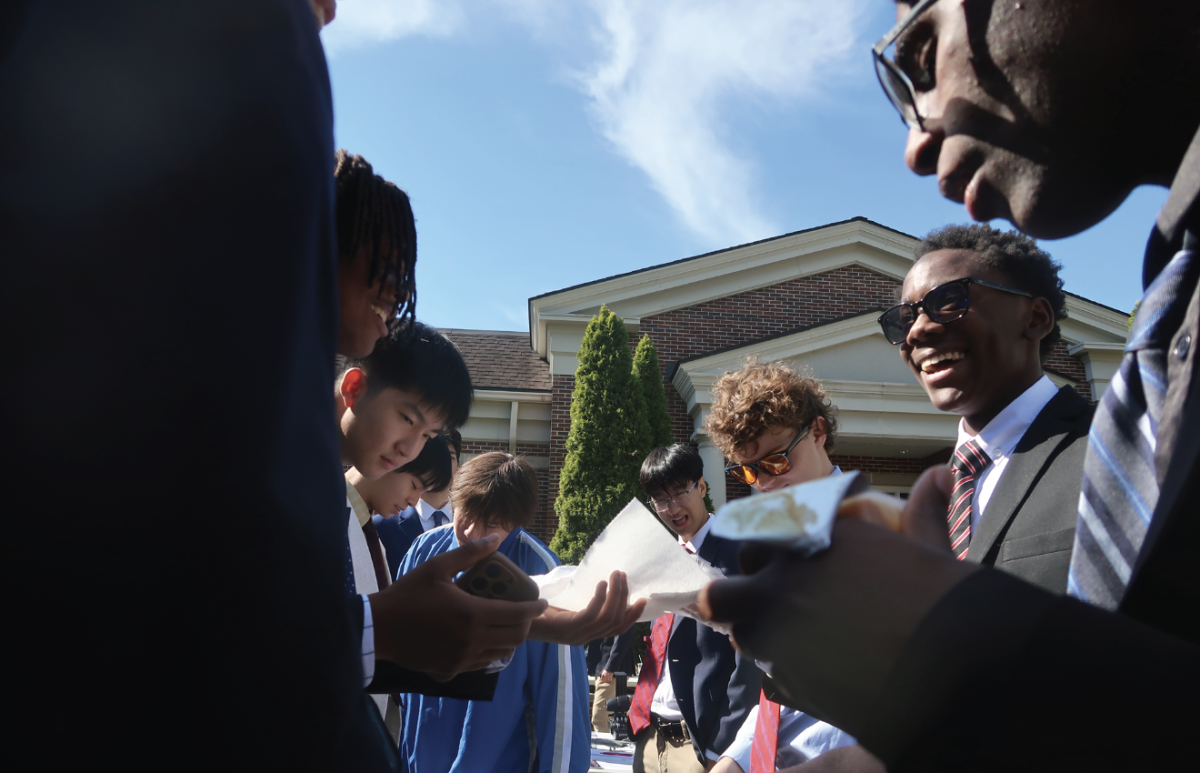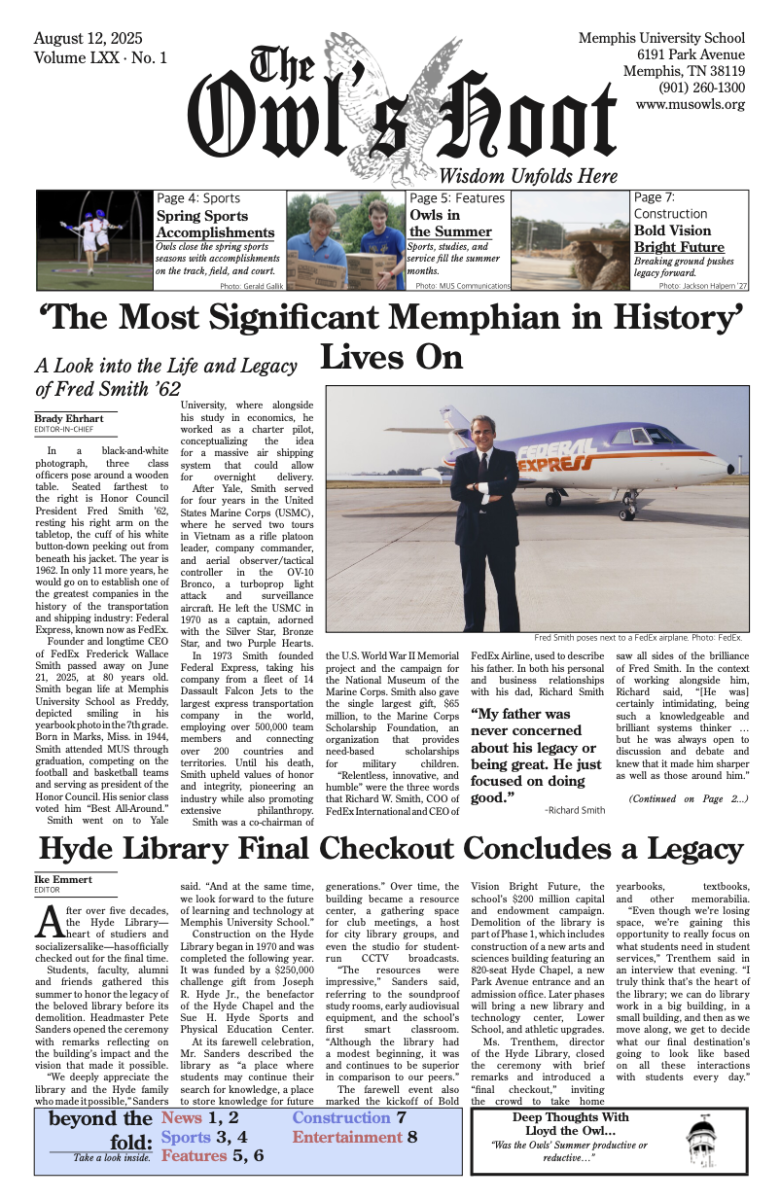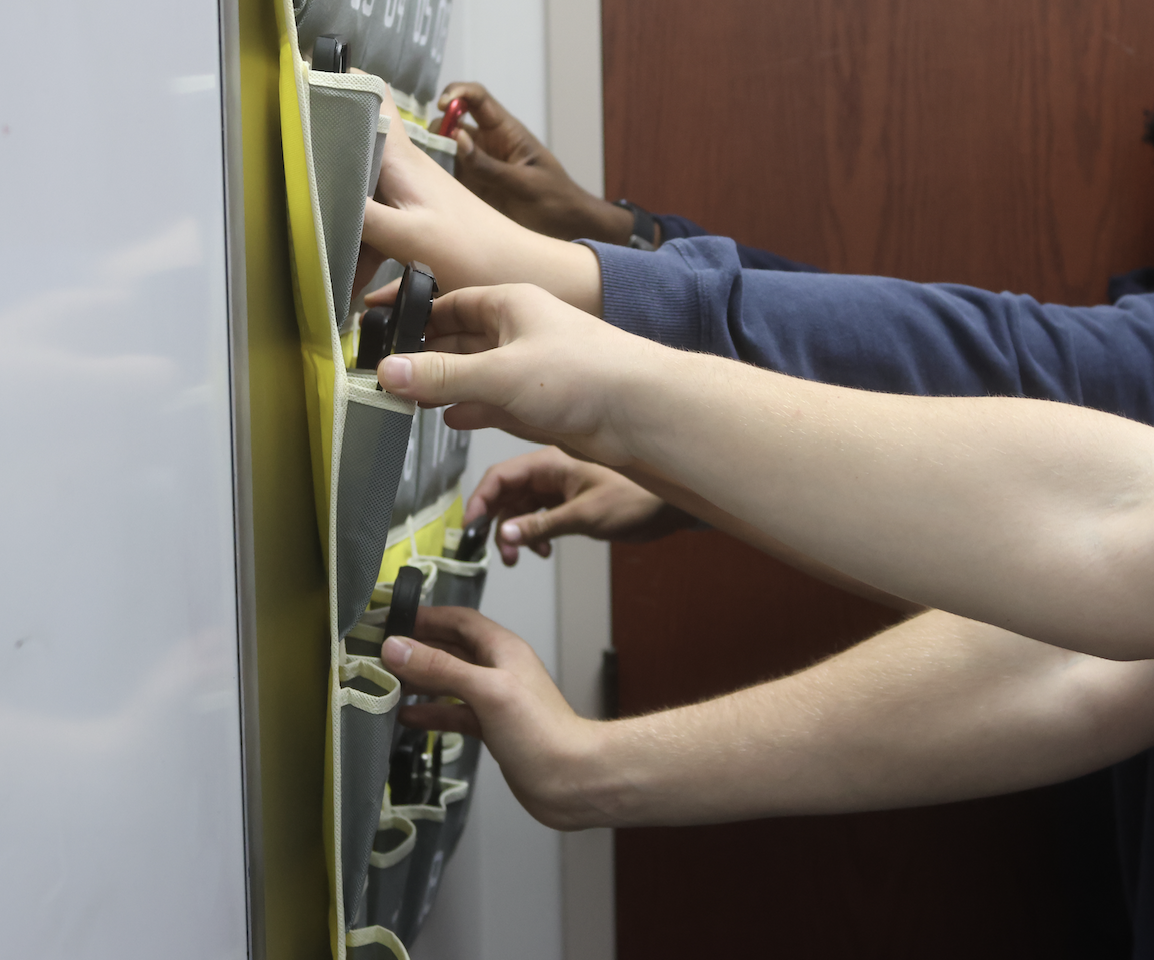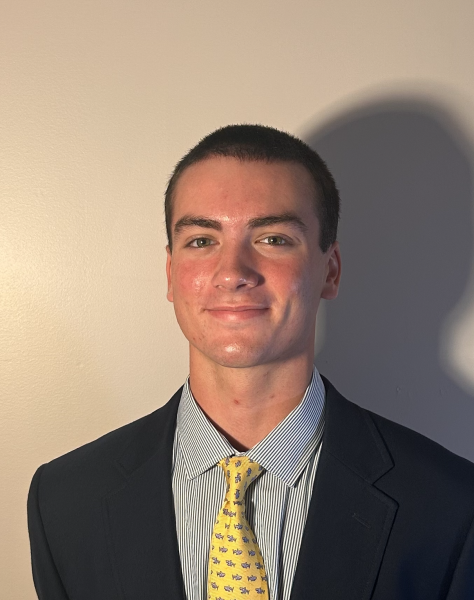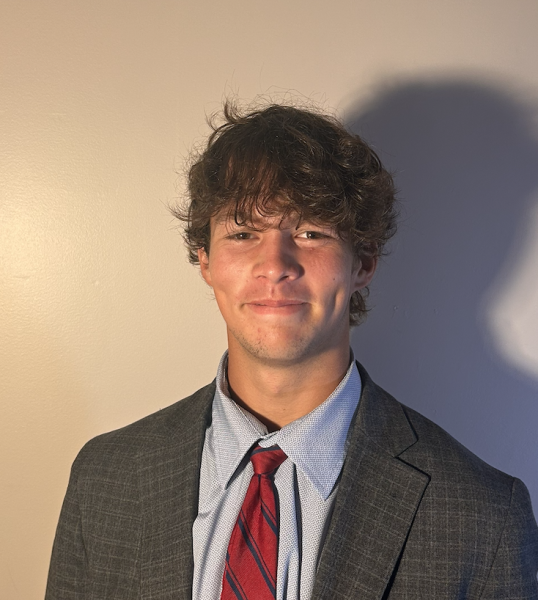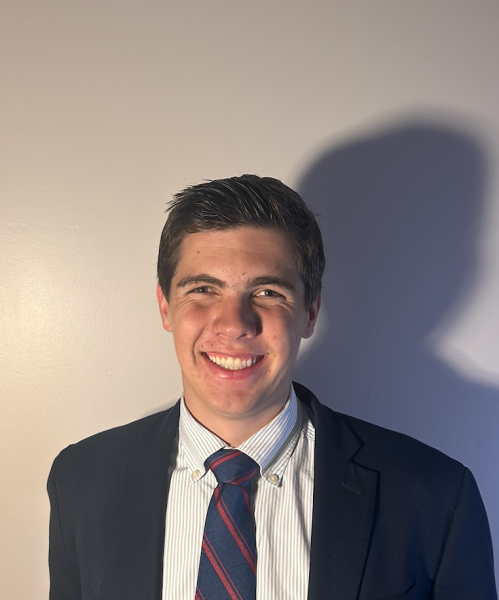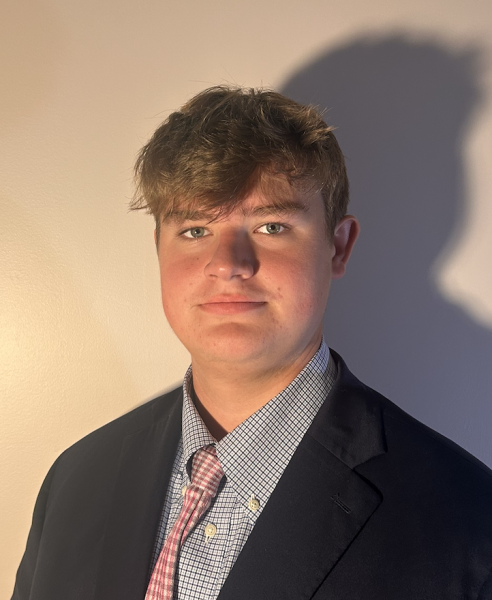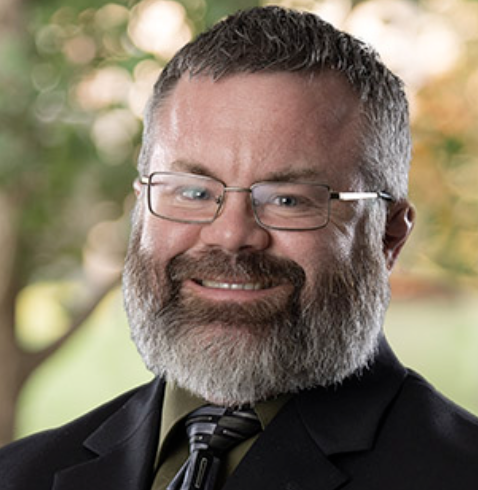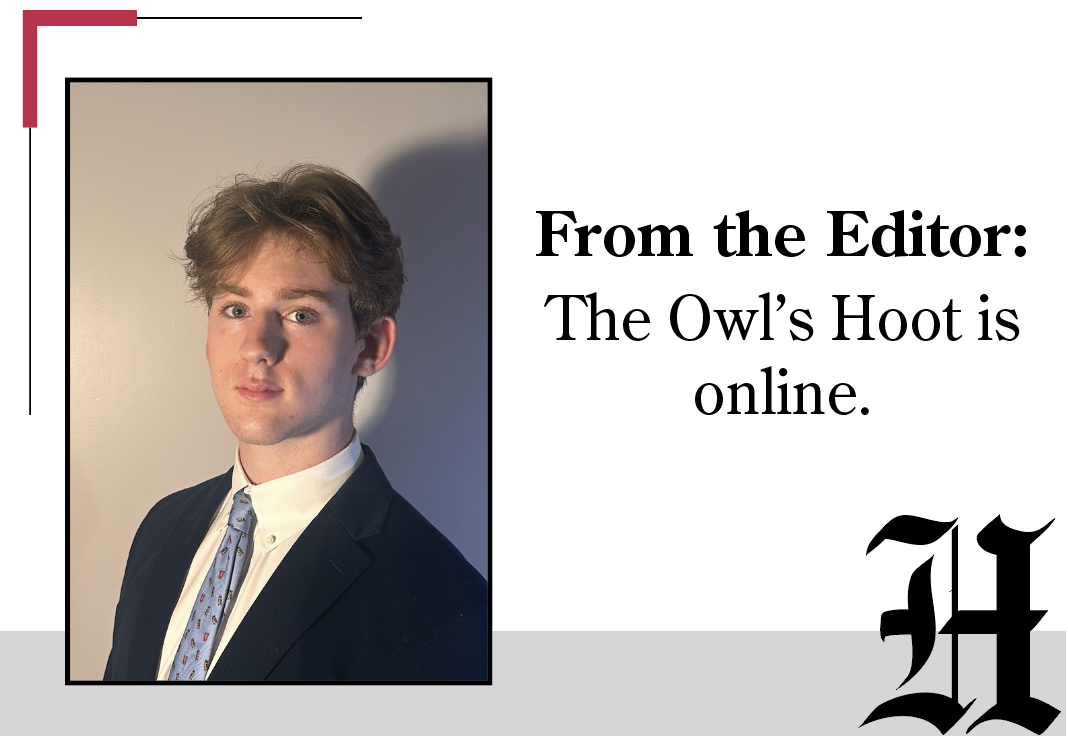For the 2025-26 academic year the administration has instituted guidelines pertaining to phone handling, Dean’s Scholars Days, absences, senior cuts and campus traversal.
While many of these changes seem drastic and excessive to MUS students, Head of Upper School Zach Hansen reminds students that “many of our new policies come after research of our peer schools in Tennessee…to adjust to modern times and to prepare our students for the adult world.”
The National Library of Medicine and PubMed Central concluded that roughly 50% of teenagers are addicted to their smartphones; MUS wants to act.
The administration hopes for students be able to “turn their phones off and stop thinking about it” by strongly urging teachers to make use of the phone-cubbies. This phone-cubby policy is not new–it was introduced last in-service week–MUS is now attempting to enforce it.
While the official U Book phone policy hasn’t officially changed, it has been highly suggested that the faculty at MUS require students to put phones in cubbies at the beginning of class. The current phone policy at MUS requires students to have their phone completely shut off from 8:15 a.m. – 3:15 p.m. Disciplinarian Mark Counce clarifies the rule. “The phone must be completely shut off, not on silent, but completely shut off.”
The removal of Dean’s Scholars days and the addition of the 10-absence policy had the most visceral and confused reaction out of students.
Each year, MUS honors its top scholars through the distinction of placement on the Dean’s Scholar list, awarded to those earning a 90 or above in Honors classes and at least an 80 in Honors Accelerated or AP (Advanced Placement) courses.
For many years, Dean’s Scholars received a letter over the summer informing them of their achievement, along with a unique reward: an excused day off from school, to be used at their discretion. This long-standing tradition, however, came to an end this summer.
According to Upper School Academic Dean Mr. Stalls, the reward no longer aligned with MUS’ goals of instilling a “good work ethic” and “a love of school.” While the Dean’s Scholar Day has been retired, Mr. Stalls noted that a new form of recognition is in development, one that continues to celebrate academic excellence.
With the implementation of the 10-absence policy, if a student misses 10 class periods of a specific course in any given semester, the administration holds the right to withhold credit for that class. This garnered dismayed reactions from many students who miss school due to extracurriculars and sports.
Upper School Principal Zach Hansen spoke on the matter. “Our strong extracurricular program allows our students to simply miss too much school…missing 10 class periods is more than 10% of class periods.”
Under this reasoning, the administration concluded that it would be counterintuitive to reward MUS’ highest-achieving and absence-prone students with missing even more school, and thus impeding their academic studies, especially when the majority of these students are already involved with various extracurricular endeavors.

